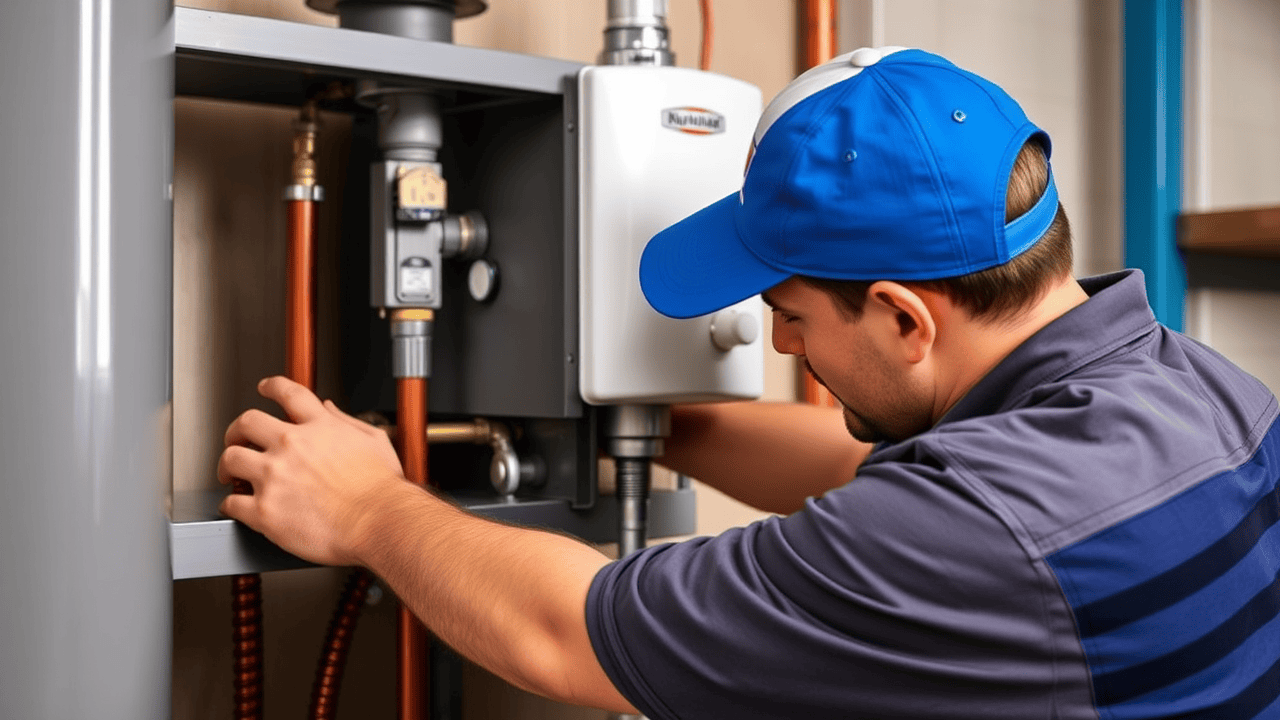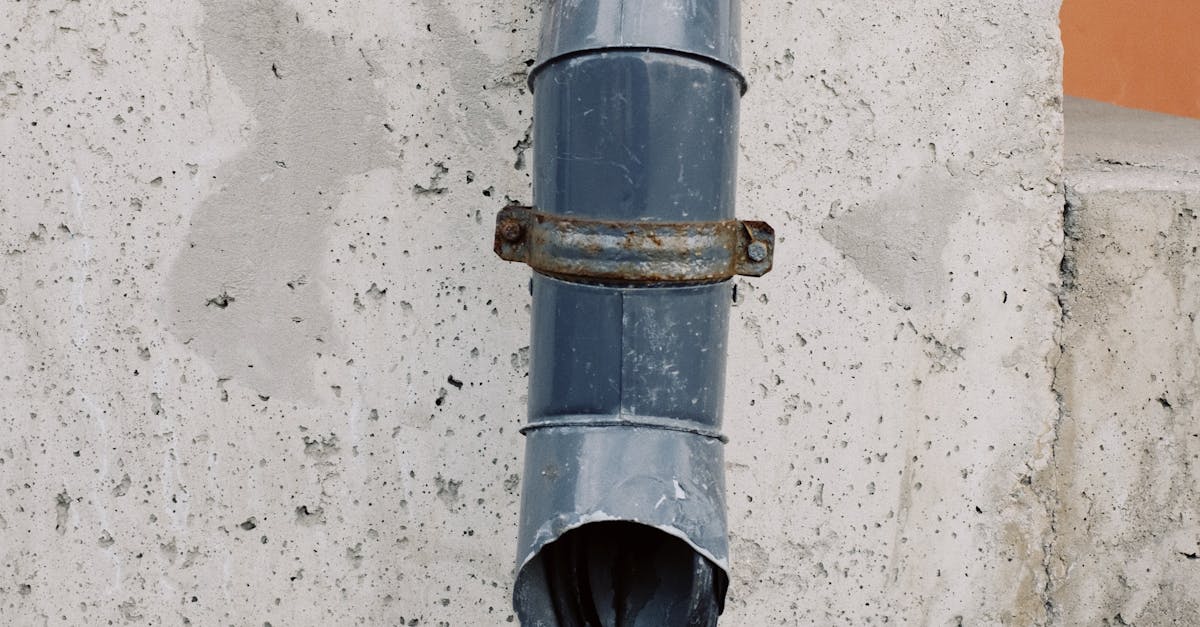
At Alpha Plumbing & Rooter Service, we specialize in comprehensive water heater installation and repair services tailored to meet your specific needs. Whether you're looking to upgrade to a more energy-efficient model or need urgent repairs for your malfunctioning unit, our skilled technicians are equipped to handle jobs of all sizes. We understand the importance of having a reliable hot water supply in your home, which is why we offer prompt, professional service with a focus on excellent customer satisfaction. From traditional tank systems to modern tankless options, we guide you in selecting the best solution to enhance your comfort and efficiency. Trust Alpha Plumbing & Rooter Service to ensure your water heater is installed correctly and operating at peak performance.
Cost Factors for Water Heater Services
When considering water heater services, several cost factors come into play. The type of water heater chosen significantly influences expenses. Traditional tank water heaters often have different installation costs compared to tankless models, which can be more efficient but may require additional modifications to existing plumbing and electrical systems. Labor costs also vary based on the plumber's experience and the complexity of the installation or repair work required, with some jobs demanding more specialized skills.
Additionally, geographic location plays a key role in pricing. In urban areas, service fees may be higher due to increased demand for plumbing services and higher costs of living, while rural communities might experience lower rates. The condition of existing plumbing and utility connections can also affect overall costs. Older homes may need upgrades to meet current standards, leading to extra expenses during the installation or repair process. Understanding these factors can help homeowners make informed decisions when investing in water heater services.
Breakdown of Installation and Repair Expenses
The cost of installing or repairing a water heater varies depending on several factors. First, the type of water heater selected, whether tankless or traditional, will influence the overall price. Additionally, complexities related to installation, such as plumbing modifications or electrical work, can lead to increased labor costs. Sometimes, older units may require more extensive repairs that could further affect the budget.
Regular maintenance can help prevent unexpected repair costs in the long run. It is advisable to consider the age of the current system before deciding on repairs versus replacement. Evaluating the warranty coverage on existing units can provide insights into potential expenses, as voided warranties may lead to higher costs for parts or service. Identifying reputable professionals who offer transparent pricing is essential to ensure a fair assessment of necessary services.
Choosing the Right Size Water Heater
Selecting an appropriately sized water heater is essential for meeting the needs of your household. Factors such as the number of residents, peak usage times, and specific hot water demands directly influence the size you should consider. A unit too small may result in insufficient hot water during high-demand periods, while a larger unit may lead to wasted energy and higher utility bills.
Understanding the different capacities available can help you make an informed choice. For instance, tank water heaters typically range from 20 to 80 gallons, while tankless models provide hot water on demand but require careful assessment of flow rates. Evaluating your household's habits and typical usage will aid in finding a balance between comfort and energy efficiency, ultimately enhancing your home experience.
Determining the Best Capacity for Your Home
Selecting the appropriate capacity for a water heater is essential to ensure a consistent supply of hot water for daily needs. Factors such as the size of your household, peak usage times, and the number of fixtures relying on hot water contribute to determining the right size. A typical family may require a tank with a capacity of at least 40 to 50 gallons. Homes with larger families or multiple bathrooms may need a tank ranging from 50 to 75 gallons to meet demand effectively.
In addition to household size, lifestyle and habits play a significant role in choosing the right water heater capacity. For instance, if everyone tends to shower in the morning or take baths during specific hours, having a unit that accommodates these high-demand periods is crucial. A higher capacity unit can provide the necessary hot water without interruption, preventing issues like running out of hot water during peak times. Evaluating these factors helps ensure that you choose a water heater that aligns with your home's specific requirements.
Energy Efficiency and Savings
Improving the energy efficiency of your water heater can significantly lower your monthly utility bills. Traditional water heaters continuously heat water, which can lead to substantial energy waste. Opting for tankless or on-demand models can enhance efficiency by heating water only when needed. Additionally, regular maintenance, such as flushing the tank to remove sediment buildup, ensures optimal performance and longevity.
Another way to save energy is by insulating your water heater and the pipes connected to it. This simple step reduces heat loss, allowing the heater to operate more efficiently. Installing a timer can also help by turning off the heater during times of low demand, such as overnight. Exploring energy-efficient options not only benefits your wallet but also contributes to a more sustainable environment.
How to Reduce Heating Costs
Reducing heating costs can often be achieved through regular maintenance of your water heater. Flushing the tank periodically helps eliminate sediment buildup that can hinder efficiency. Checking the anode rod annually ensures the unit remains protected from corrosion. Insulating the water heater and the first few feet of hot water pipes minimizes heat loss, keeping the water warmer for longer durations.
Energy-efficient models can also lead to significant savings. When selecting a new water heater, consider options with a high Energy Factor (EF) rating. These units convert energy into hot water more efficiently, reducing overall utility bills. Installing a timer can be beneficial, allowing you to heat water only when necessary, further cutting costs.
FAQS
What factors influence the cost of water heater installation and repair?
The cost of water heater installation and repair can be influenced by various factors including the type of water heater, labor costs, necessary permits, and any additional modifications needed for efficient installation.
How can I determine the right size water heater for my home?
To determine the right size water heater, consider the number of occupants in your home, the peak hour demand for hot water, and the type of appliances that will use hot water. A professional can also help assess your needs.
What are the energy-efficient options available for water heaters?
Energy-efficient options include tankless water heaters, heat pump water heaters, and solar water heaters. Look for models with a high Energy Factor (EF) rating for better efficiency.
How can I reduce my heating costs for water heating?
To reduce heating costs, you can insulate your water heater and pipes, set the thermostat to a lower temperature, use energy-efficient appliances, and consider upgrading to a more efficient water heater model.
What should I do if my water heater is leaking?
If your water heater is leaking, it’s essential to turn off the power and water supply immediately, then contact a professional plumber or technician to assess the situation and perform necessary repairs.


